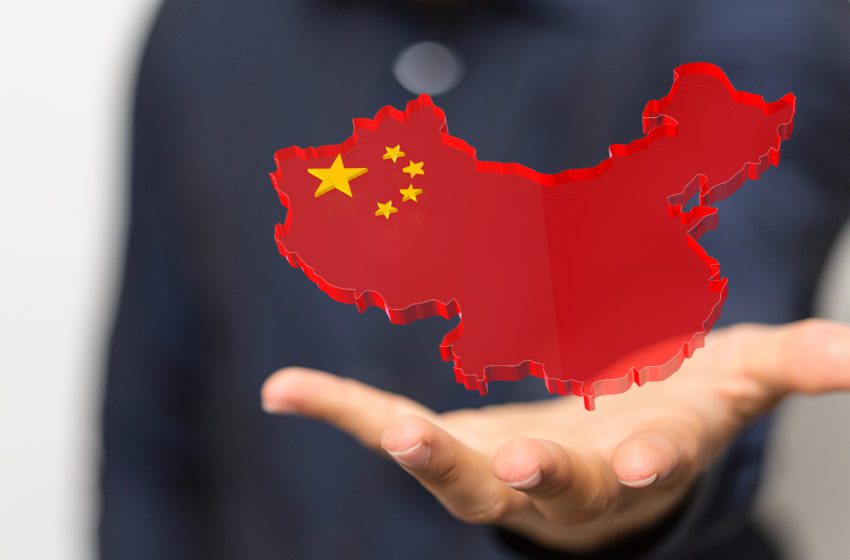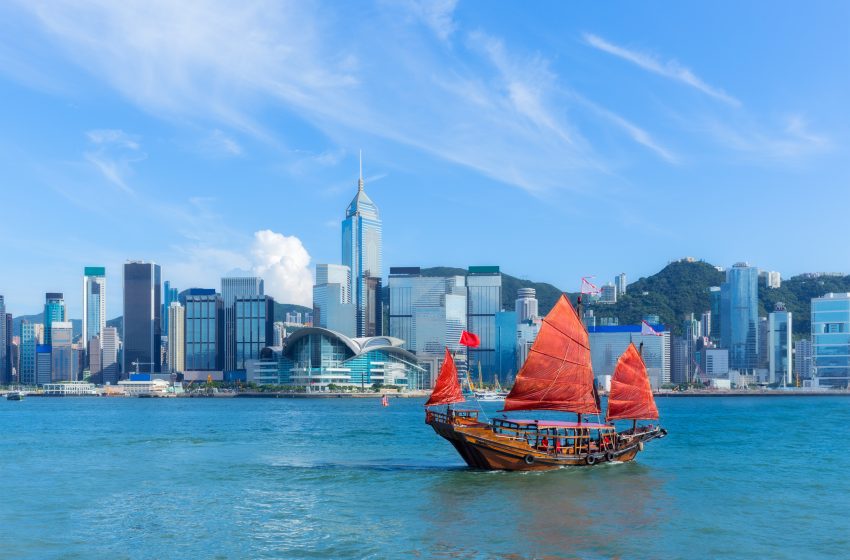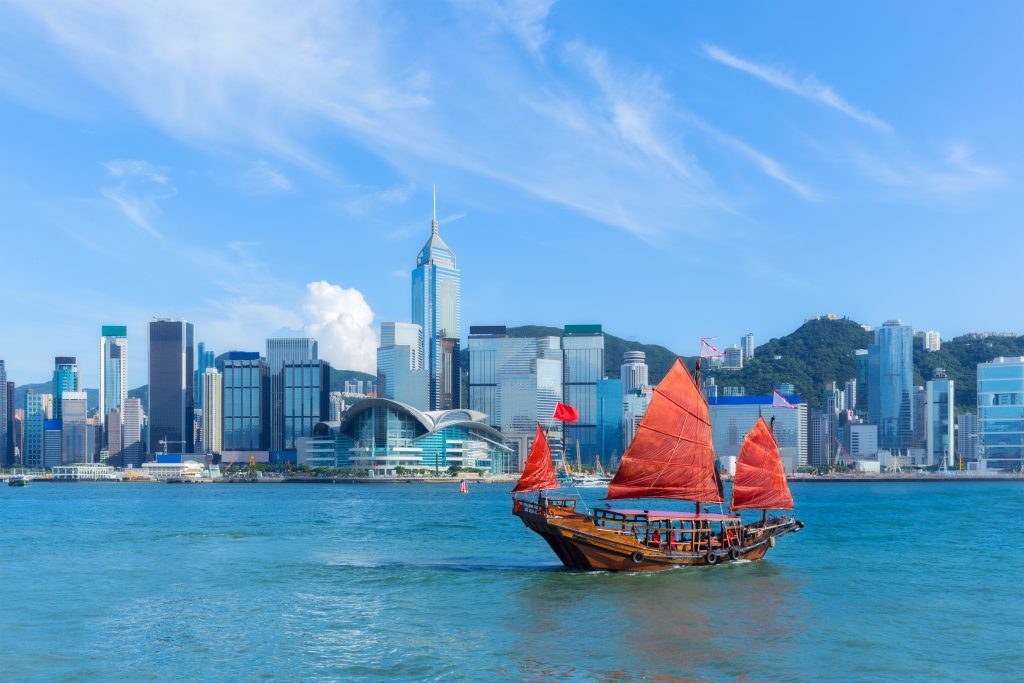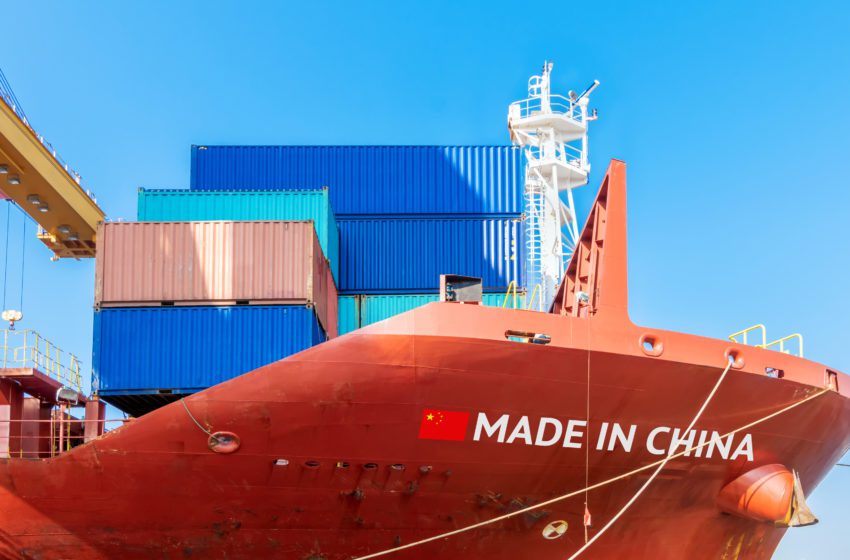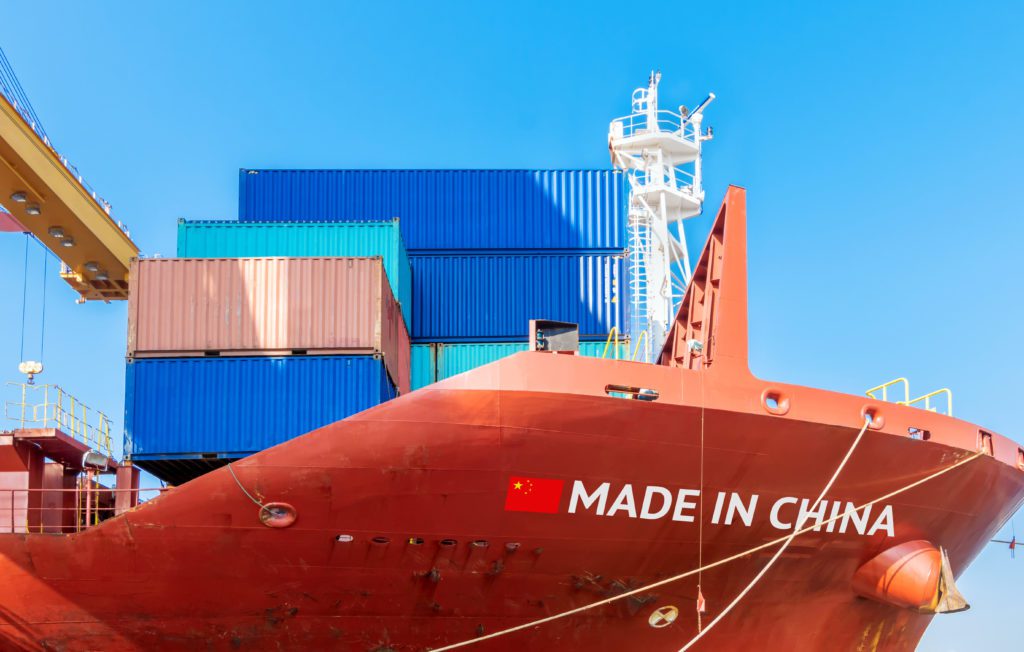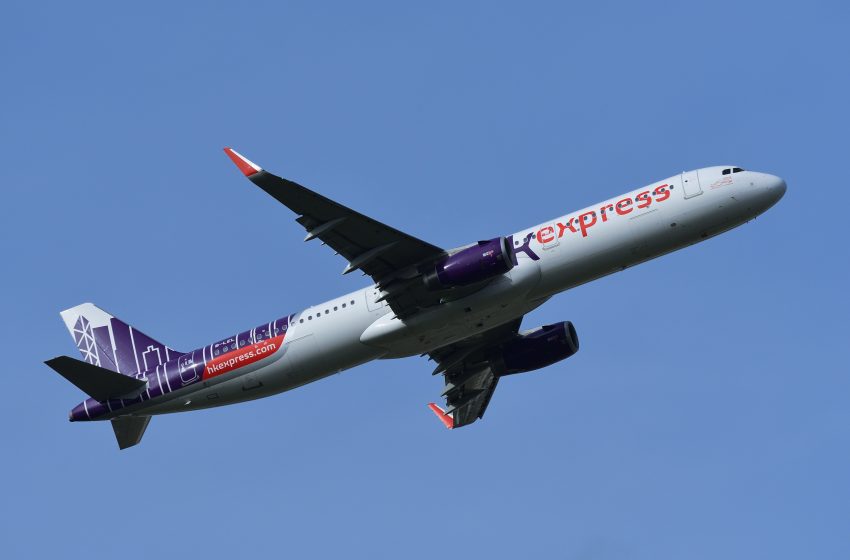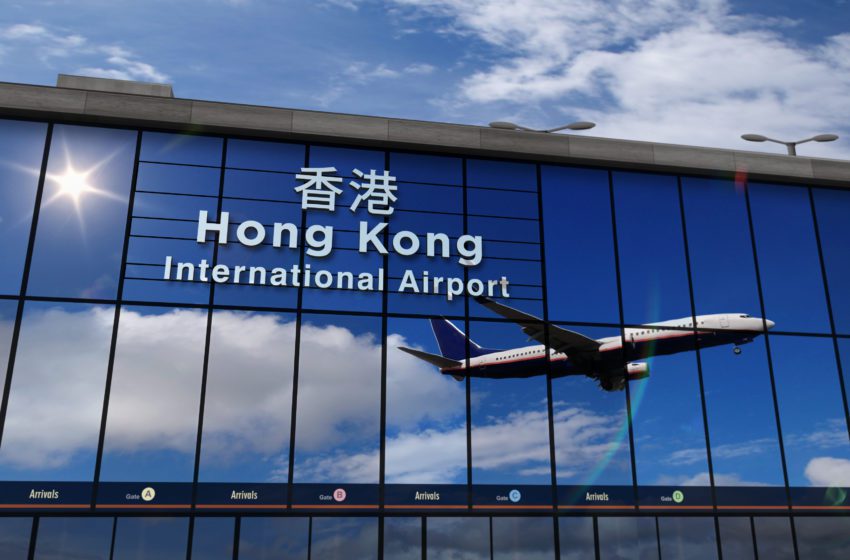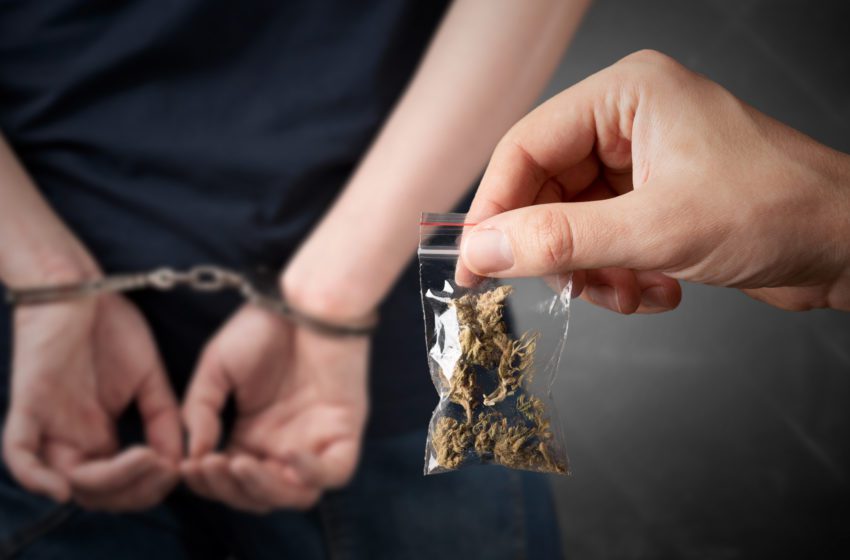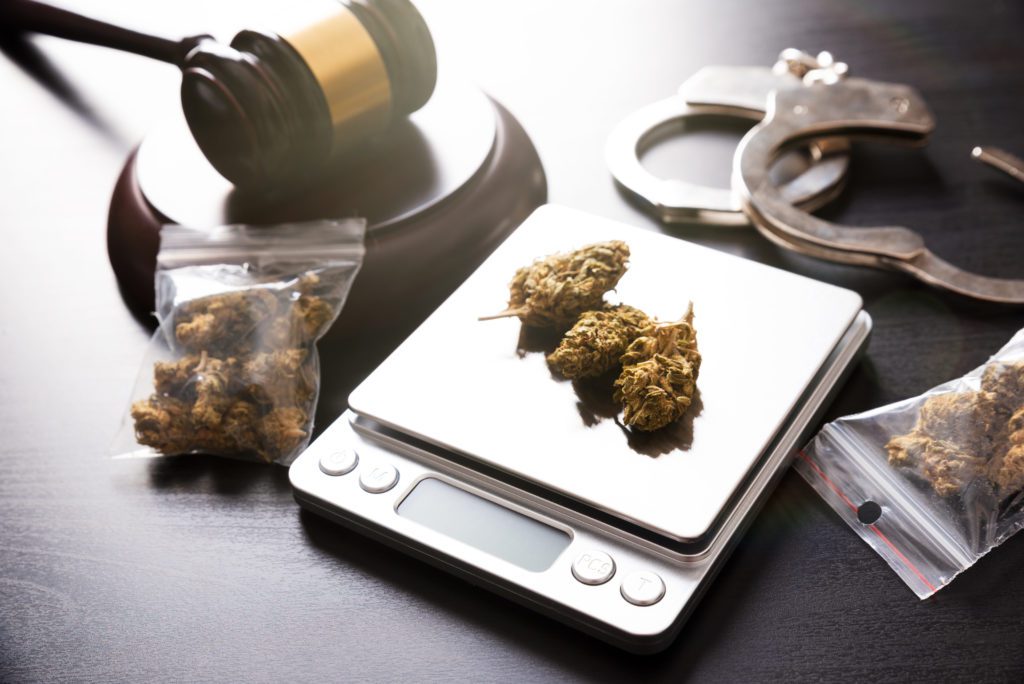Hong Kong has started a public health consultation held that includes a proposal for a generational ban on vaping and other tobacco products. Generational Bans are often referred to as “tobacco endgame” strategies.
Last year, Hong Kong’s Council on Smoking and Health proposed a generational ban to begin in 2027 that would outlaw vaping and other tobacco product sales to anyone born from 2009.
The public consultation consists of a nationwide survey which started last Wednesday and ends on September 30th.
Health minister Lo Chung-Mau said that the consultation is based on four anti-smoking strategies, among which a lifetime ban on cigarettes for locals born after a set date.
Hong Kong’s government has set a goal of reducing the percentage of adults who smoke from 9.5 percent in 2021 to 7.8 percent by 2025. To do so, it is exploring four strategies:
- Regulate Supply, Suppress Demand
- Ban Promotion, Reduce Attractiveness
- Expand No Smoking Areas, Mitigate Harm,
- Enhance Education, Support Cessation
The first two strategies mentioned for reducing tobacco use are increasing taxes and introducing new age restrictions.
“With the efforts on education and publicity over the years, the smoking prevalence of youth in Hong Kong has dropped to a low level,” said the document, though the government also believes that increasing the minimum age to purchase tobacco from its current requirement of 18-years-old to 21-years-old wouldn’t be effective, according to media reports. So instead, it’s considering what’s known as a generational tobacco ban.
New Zealand passed a generational ban late last year and recent efforts have been made to introduce additional bans in other countries, including bills in California, Hawaii and Nevada. Malaysia is also considering a generational ban.
The generational ban is just one of a litany of strategies mentioned in the document. Other regulations being considered include plain packaging, restrictions on retailers displaying products, nicotine limits and higher tobacco taxes.


